A Queer History of the United States for Young People
"A Queer History of the United States for Young People" presents an adaptation of Michael Bronski's seminal work (A Queer History of the United States) tailored for teens and young adults by Richie Chevat. Bronski, a Professor of Activism and Media in the Studies of Women, Gender, and Sexuality at Harvard University, has contributed significantly to LGBTQ+ activism and scholarship for over four decades. The book, which is part of the ReVisioning History for Young People series, aims to fill a significant gap in historical narrative by highlighting the contributions and influence of LGBTQ individuals in American history. This adaptation was recognized as one of the Best Nonfiction Books of 2019 by School Library Journal. Chevat, who has also adapted notable works like Al Gore's "Our Choice" and Michael Pollan's "The Omnivore's Dilemma" for younger readers, utilizes his expertise to make complex historical themes accessible and engaging for youth. This book strives to provide a more inclusive view of America's past, offering a crucial perspective often missing from traditional educational materials
Grades Suitable for grades 7-12, given the young adult target audience.
Cost The book is priced around $17.62 to $18.95 depending on the format and retailer (Bookshop).
What Makes it Special
This curriculum sets itself apart by delving into the extensive and often overlooked contributions of LGBTQ individuals throughout American history. It does not simply amend traditional narratives but redefines them, integrating over 400 years of LGBTQ influence across the societal spectrum. The content spans from the early acceptance of diverse gender identities by indigenous tribes to the impactful lives of notable figures like Emily Dickinson and Sylvia Rivera, enriching the historical discourse with a wealth of queer perspectives. This approach provides a nuanced tapestry of LGBTQ history, combining various narratives, letters, drawings, and poems to bring these stories to life. Further enriched by over 60 illustrations and photos, the book engages young readers visually and intellectually, offering a gateway to a more inclusive understanding of American history.
Using the Book as a Homeschooling Resource
To begin using this book in a homeschooling context, simply purchase the paperback or ebook version from major retailers. This resource is well-suited for young adult readers, making it appropriate for high school students or advanced middle schoolers.
To begin using this book in a homeschooling environment, it is recommended to integrate the provided curriculum and glossary to support structured learning. Parents and educators can use each chapter as a launching point for deeper discussions and projects related to social issues, historical analysis, and literary studies.
A Queer History of the United States for Young People" is designed to be both a read-alone and an educational guide. Sessions can be planned around each chapter, which are rich with historical accounts and biographical sketches that invite further exploration. The book is formatted to facilitate both comprehensive reads and segmented studies, ideal for flexible homeschooling schedules. Weekly engagements of approximately 2-3 hours could effectively cover a chapter, including time for discussion, research, and related activities
The book is structured to facilitate easy learning, with engaging narratives, letters, poems, and illustrations that make the content accessible and engaging. Each chapter can be tackled as a standalone lesson, with recommended sessions lasting about 30-45 minutes to allow for discussion and reflection. The curriculum is flexible, supporting both independent reading by students and facilitated discussion led by parents or educators (PenguinRandomhouse.com).
Educational Content Covered
The book encompasses a wide array of themes and figures, from ancient times through to contemporary issues, providing a comprehensive overview of LGBTQ history in the context of the broader American narrative. This educational approach not only illuminates overlooked stories but also connects them to the ongoing struggles and achievements of the LGBTQ+ community.
Early Indigenous Cultures: Exploration of gender fluidity and same-sex relationships among Native American tribes.
Colonial America: The dynamics of gender and sexuality in early settler communities.
19th Century: Focus on figures such as Emily Dickinson and the broader societal attitudes toward gender and sexual identity during this period.
The Harlem Renaissance: The life and impact of Gladys Bentley and other queer figures in the early 20th century cultural movements.
Mid-20th Century: The contributions of Bayard Rustin to the civil rights movement and the intersections of race and sexuality.
Post-WWII America: The emergence of LGBTQ rights movements, including the influence of activists like Sylvia Rivera and Marsha P. Johnson.
Stonewall Riots: The pivotal events of 1969 and their significance in the fight for LGBTQ rights.
Late 20th Century: The AIDS crisis and activists like Kiyoshi Kuromiya who fought for healthcare and human rights.
Contemporary Figures: Modern activists and significant legal battles over LGBTQ rights, such as marriage equality and transgender rights in schools.
Ongoing Issues and Future Perspectives: Explorations of current LGBTQ issues and thoughts on the future directions of queer rights and societal acceptance.
What’s Good About It
Users praise the book for its comprehensive and respectful representation of LGBTQ history, the engaging visual elements, and the educational depth it provides. It helps fill a significant gap in educational materials by providing a history that resonates with LGBTQ youth and allies alike (Bookshop) (PublishersWeekly.com).
What Could Be Improved
While highly educational, some feedback suggests that the coverage of certain lesser-known figures could be expanded to give a fuller picture of their contributions. Additionally, while the book is accessible, its depth might initially challenge younger readers who are new to complex historical themes (PublishersWeekly.com).
Advice from Parents and Teachers
Parents recommend integrating this book with supplementary resources such as documentaries, biographies, and museum visits to provide a multi-dimensional understanding of the topics covered. Engaging in discussions after each chapter can also help deepen understanding and encourage critical thinking about societal norms and historical narratives (PenguinRandomhouse.com).
Who It’s An Ideal Fit For
This book is perfect for teens and young adults who are interested in understanding the deeper narratives of American history, particularly from an LGBTQ perspective. It's also suitable for educators wanting to provide a more inclusive view of history in their curriculum (PenguinRandomhouse.com).
Who It’s Probably Not a Fit For
It may not be suitable for younger children due to the complexity of the topics or those seeking a traditional history curriculum without a focus on LGBTQ issues.
Ways to Get It
Available for purchase at major online retailers like Amazon, Barnes & Noble, and through direct publishers like Penguin Random House and Beacon Press.



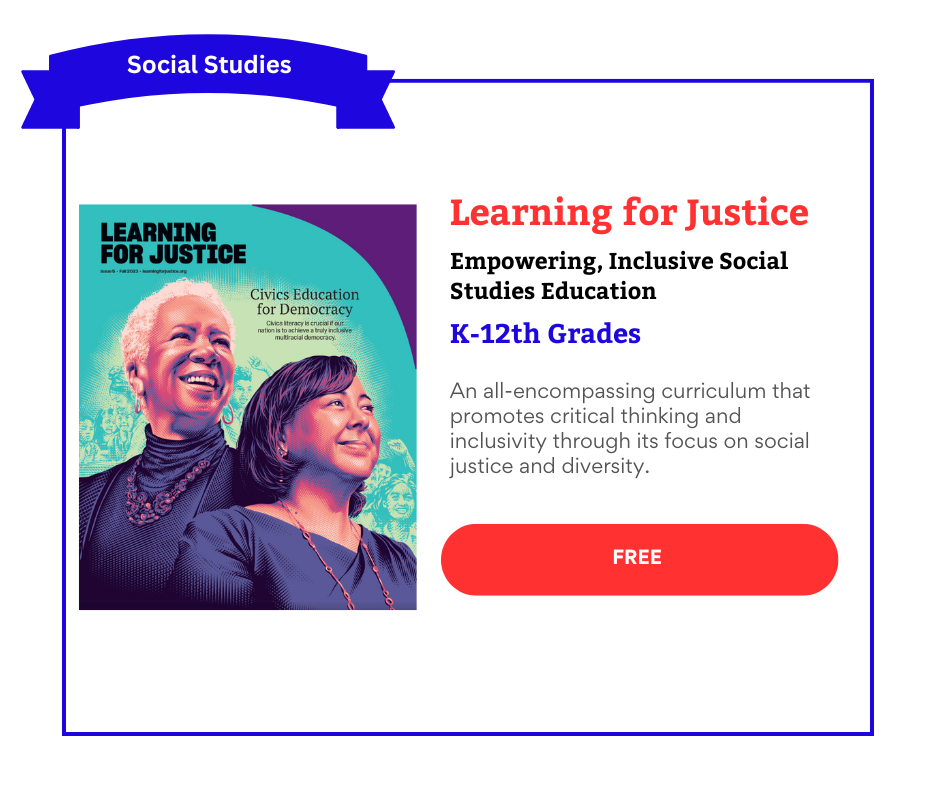
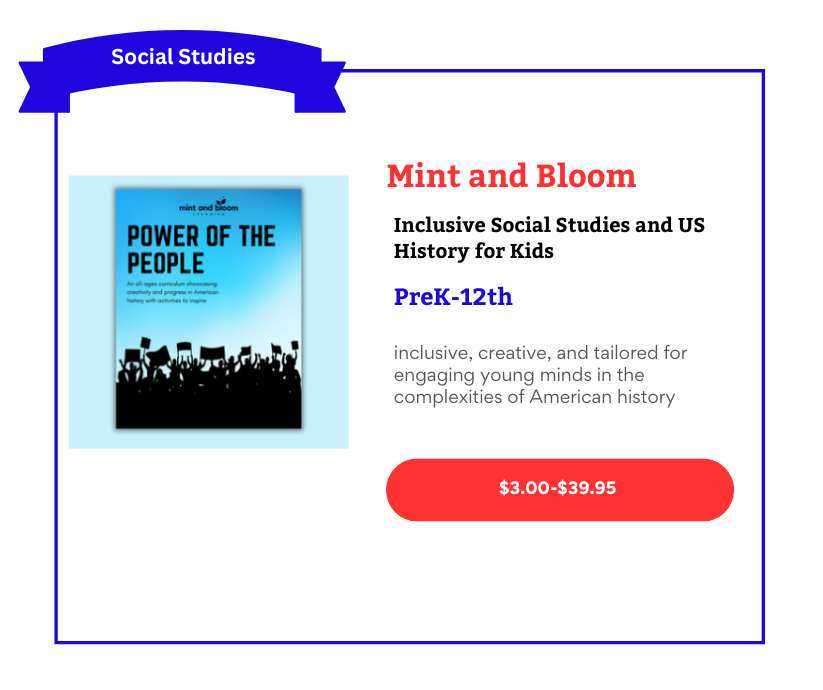
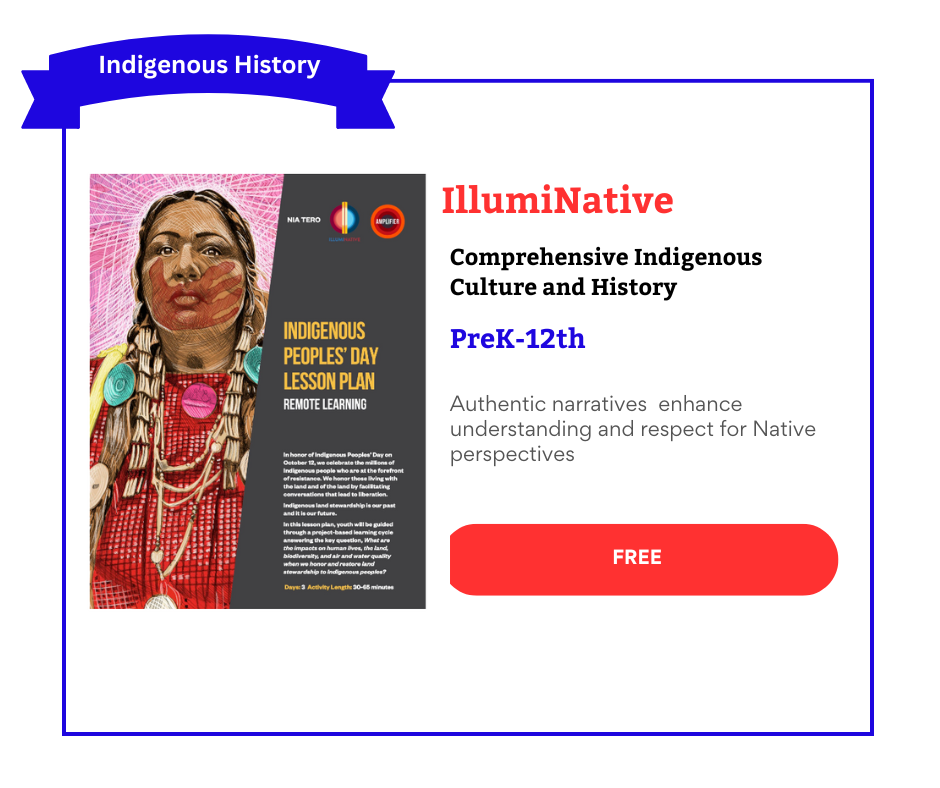
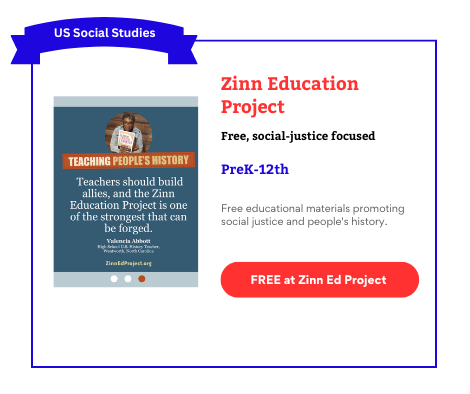
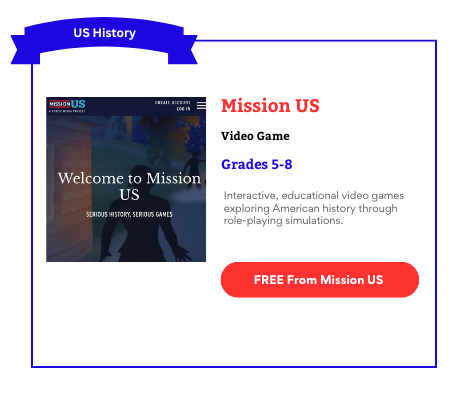
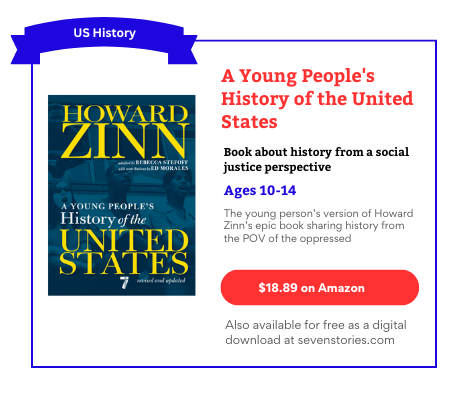
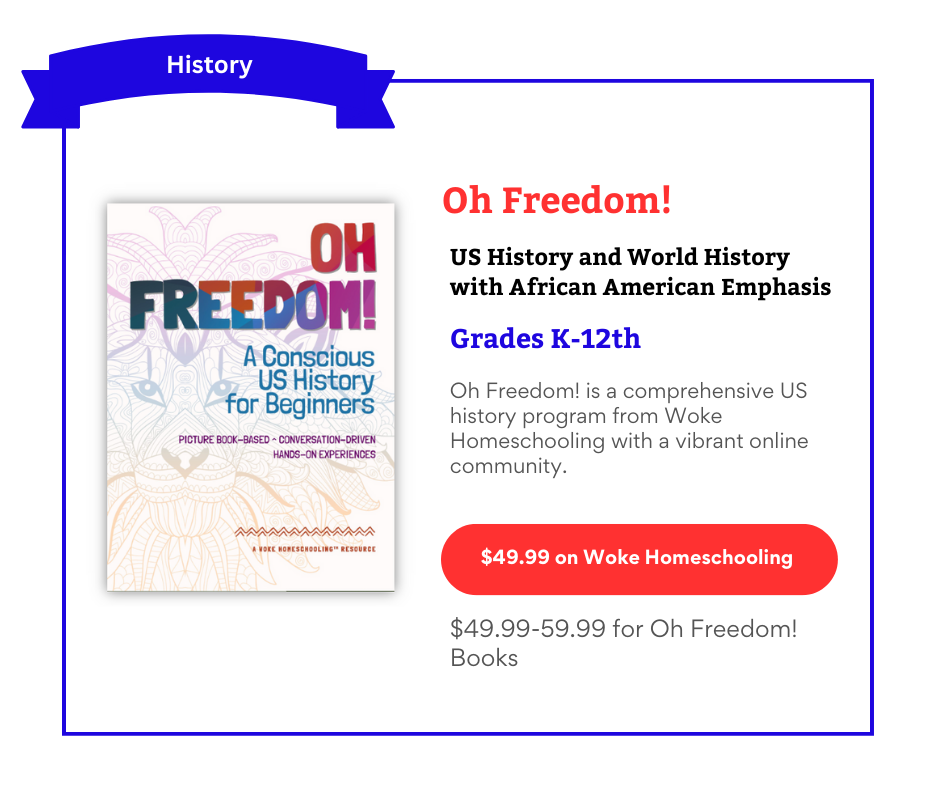
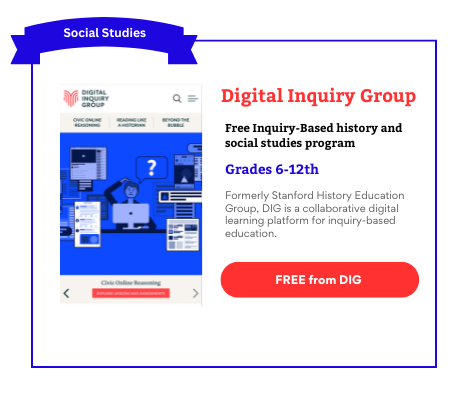


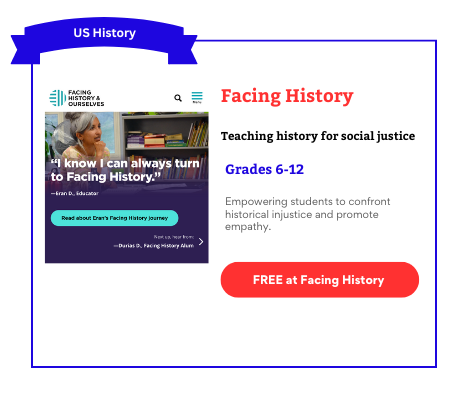
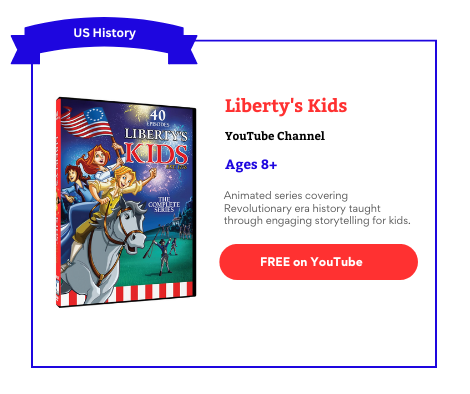
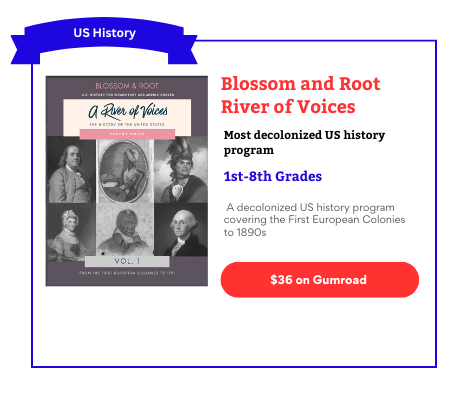
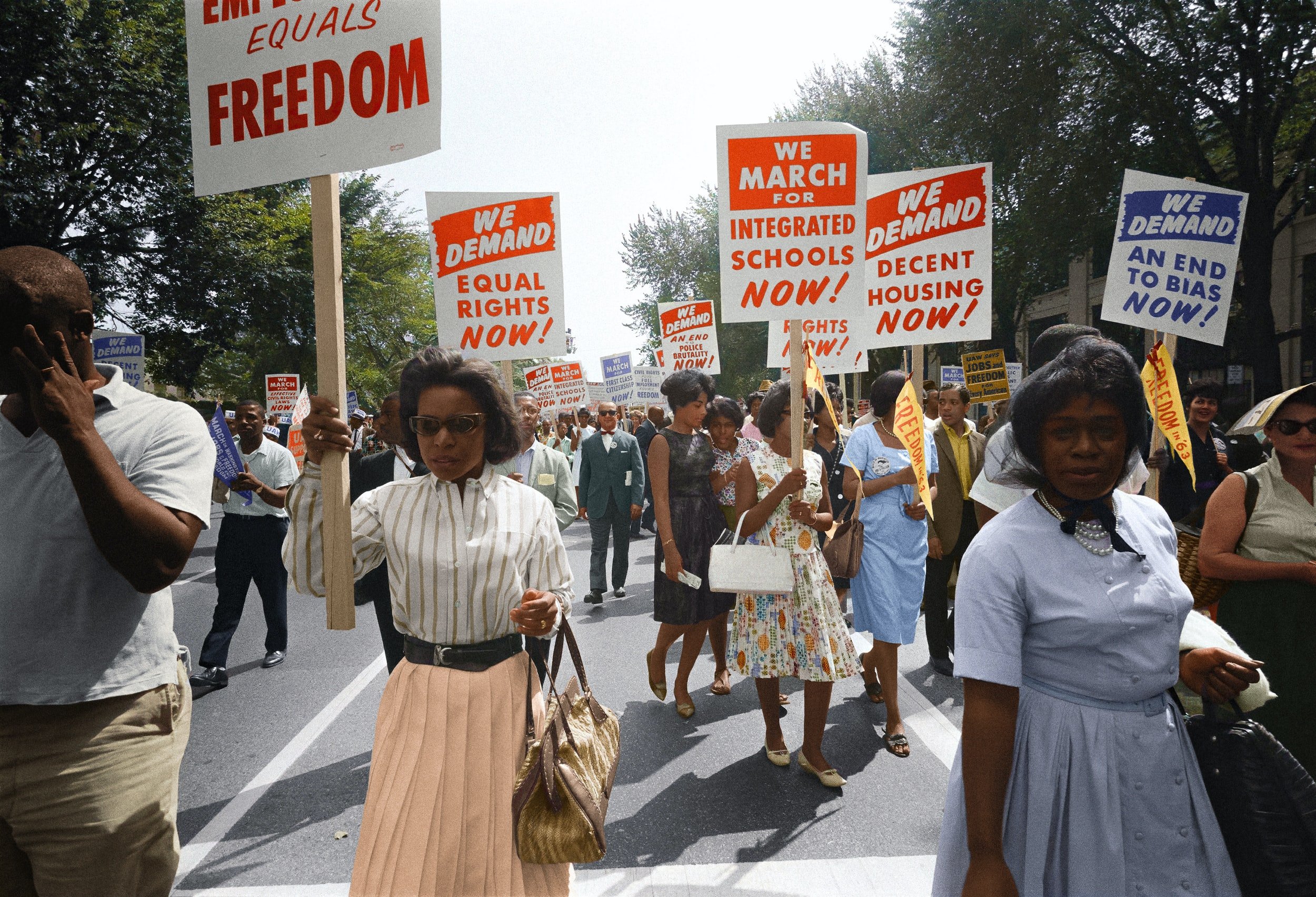
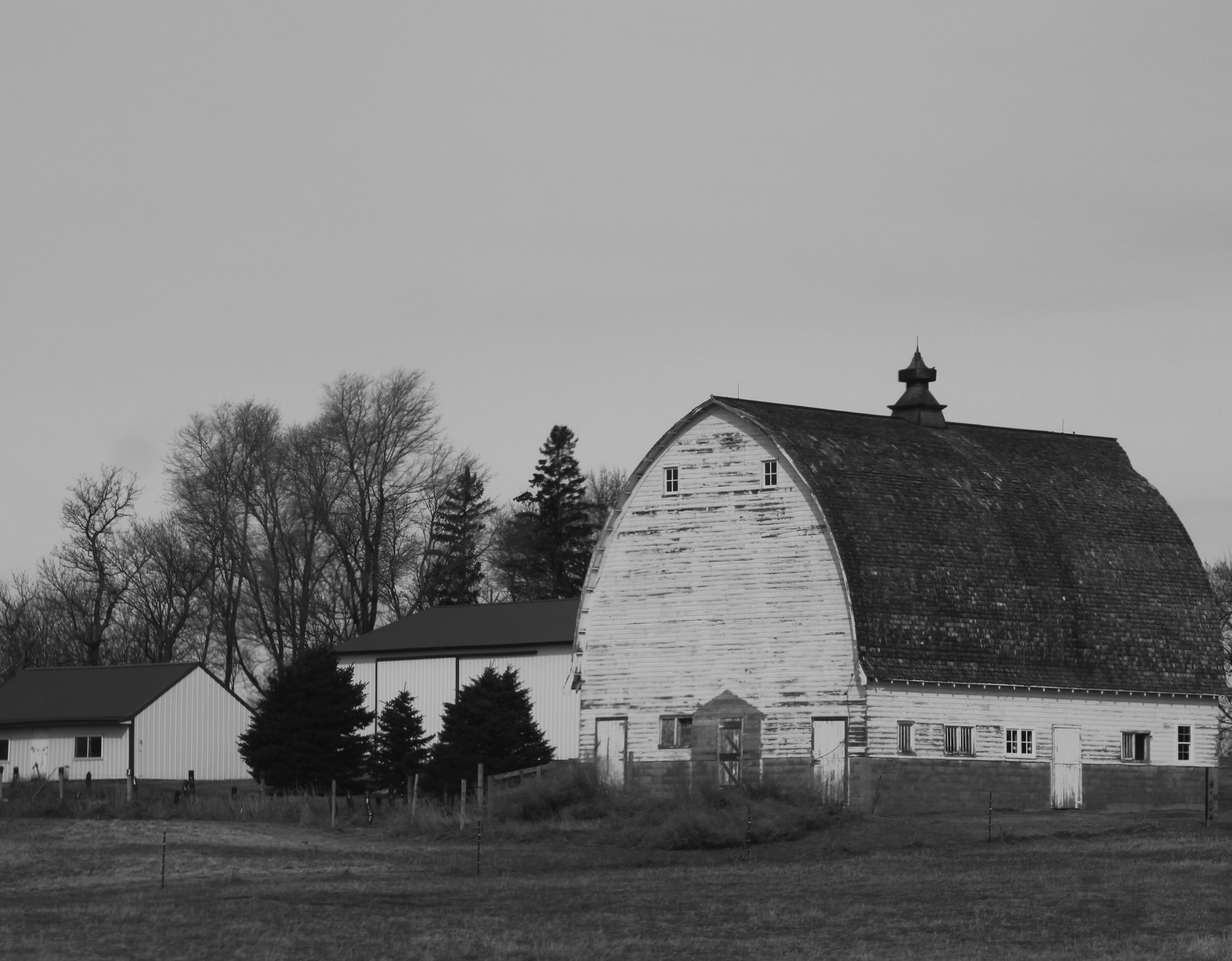
Discover how Blooket transforms learning into an interactive adventure for homeschoolers. Created by educators Tom and Ben Stewart, Blooket offers a unique blend of fun and education, making it a favorite among students and parents alike.